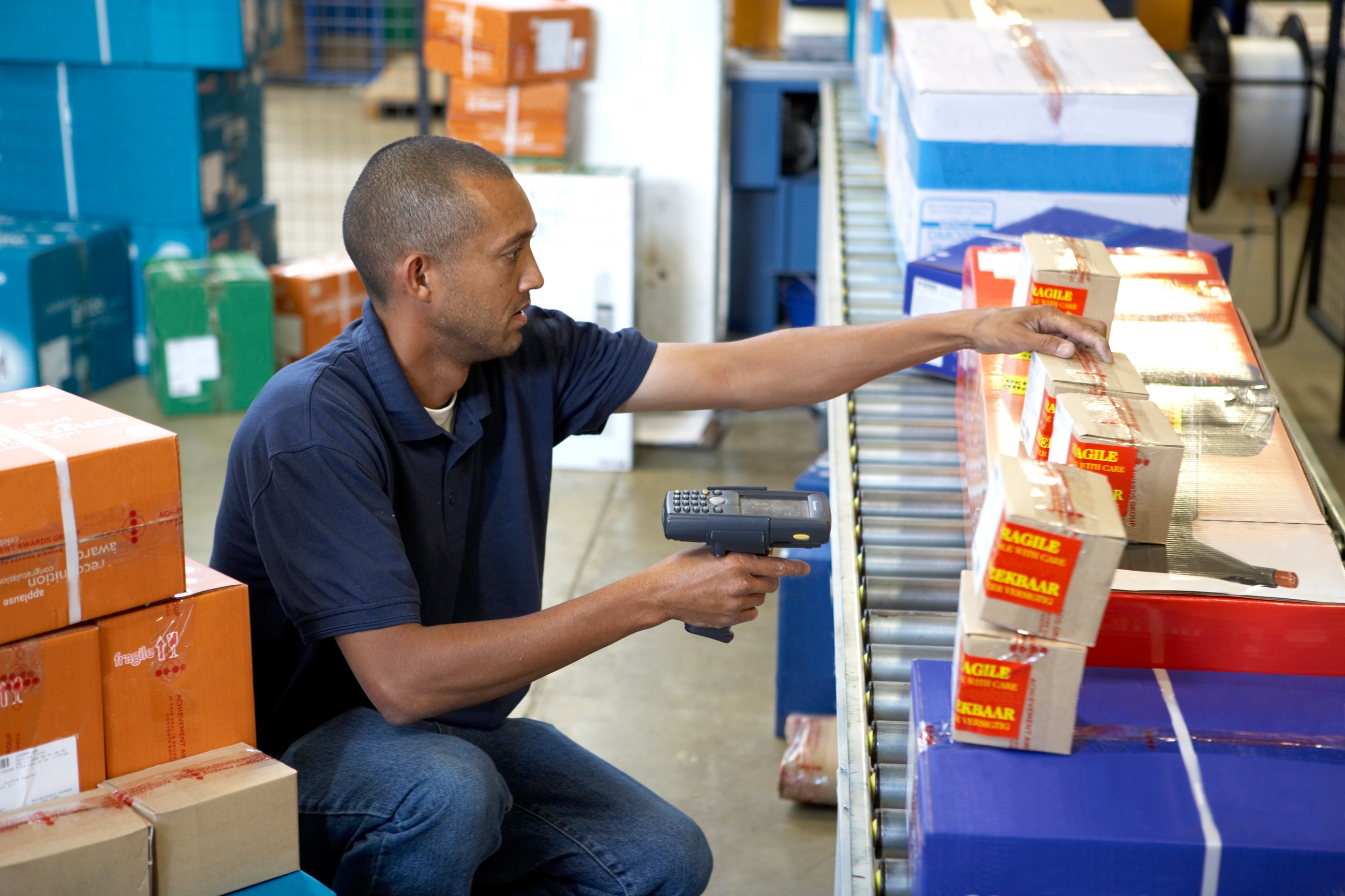It’s clear 2020 has been an unprecedented and challenging year. COVID-19 has tested people, governments and businesses in ways unseen before, which has created a significant impact on supply chains around the globe.
COVID-19 accelerated digitalisation across public and private sectors. We saw spikes in demands for specific goods and resources, thereby testing the resilience and adaptability of supply networks. Social cohesion and trust were challenged, communication channels were flooded with new users and increased traffic as people were stuck in isolation and becoming increasing reliant on digital technology to work and communicate.
The Australian Information Industry Association recently put together a whitepaper, Building Australia’s Digital Future in a Post-COVID World, which outlined four key areas from which the AIIA presented its recommendations:
1. Building a National Digital Backbone supported by data intelligence and analytics to highlight deficiencies and areas for improvement across industries.
2. Building a Digital Australia that is Secure and Resilient based on policy reform and investment to attract global cybersecurity talent and developing intelligent technologies.
3. Building Digital Skills for the future by promoting, investing in, and supporting the retraining and upskilling critical technical skills in Australian workers
4. Tax, Incentive, and Government procurement reform that incentivises businesses to collaborate with research institutions and non-R&D-based innovation.
The team I work with are about helping people understand the digitalisation of supply chain management and how intelligent technologies can create greater interconnectivity across supply networks and country borders. Today, more than ever, supply chains need to continue building resilience and responsiveness to support economic and social recovery worldwide.
Intelligent technology solutions play a critical role in not only creating efficiencies, but interconnecting systems and processes to operate with greater insights. This helps businesses and governments plan and forecast with accurate and comprehensive data. To help businesses be more responsive and resilient to future shock events, intelligent enterprise systems are vital to businesses and governments alike.
The ability to connect different supply chains, business structures, workforce dynamics, and financial systems onto a single platform provides any organisation with the visibility to manage with intelligence, with the data insights necessary to adapt and anticipate change. As outlined in What Resilient Companies Do Before, During, and After Turbulent Times by David Sweetman, SAP Senior Director of Global Marketing:
“As change becomes more intense and disruptive, intelligent ERP enables businesses to listen intently, operate more intelligently, and stay connected to suppliers, customers, and employees. Doing so safeguards the business from missing out on unexpected demand spikes, much-needed investments, and evolving buying habits and preferences.”
“But resilient companies go a step further with this technology. They use this information – often captured, processes, and analysed in intelligent ERP such as SAP S/4HANA – to focus on their core competencies and make investments that strengthen it.”
Intelligent ERP systems lay the foundation for building intelligent networks of digitally enabled enterprises all operating optimally and with shared insights. Connecting these different functions and organisations help manufacturers manage and coordinate the entire product lifecycle while minimising waste and optimising processes.
This challenging time has demonstrated the importance of interconnectivity both in how we communicate and operate across industries and geographies. Within manufacturing, it’s about being responsive to spike demands, adapting to the new policies determining work environments and safety while safeguarding resources (human and material).
David Sweetman’s follow-up blog, Guide to Supply Chain Resilience in Changing Times, outlined the importance of intelligent enterprise networks in managing highly volatile demands and high volumes of business-critical data. These data insights are paramount to mitigating risk, diversifying resources, and providing avenues for automation.
With intelligent technology platforms like SAP S4/HANA, businesses have a single source of truth and control across diverse and disparate systems to run more efficiently. As cumbersome and often manual processes are eliminated and other vital functions streamlined, businesses can focus on core competencies and value-adding tasks.
Sourcing, logistics, warehousing, distribution, workforces, and resource management connect and communicate intelligently. When manufacturers adopt Industry 4.0 and incorporate digital technology into every business facet, they can dedicate more resources towards customer service, growth, diversification, and sustainability.
Manufacturers are realising just how important consistency can – through intelligent technology – be automated and ensured throughout the product lifecycle. This doesn’t just provide businesses with ongoing quality and delivery assurances, but platforms like SAP S4/HANA offer inbuilt localisations to ensure regulatory needs are analysed, controlled, and data supported for decision making.
Intelligent technology platforms create end-to end functionality and collaboration, from sourcing, to workflow, logistics, customer service, and financials. By integrating these functions into SAP S4/HANA, manufacturers can adopt Industry 4.0 more easily, operate more efficiently, and ensure business continuity while focusing on the processes that matter. Explore how SAP’s technology is helping the best run Australian businesses thrive in this new normal.



